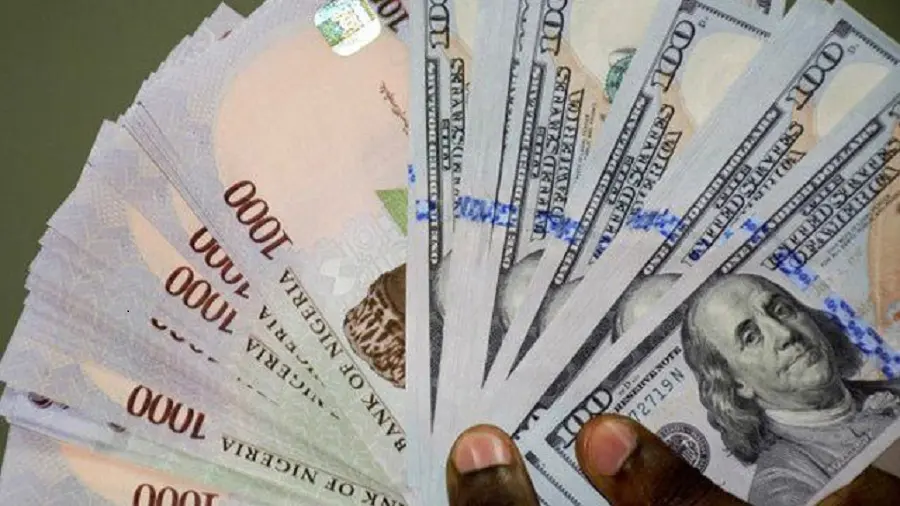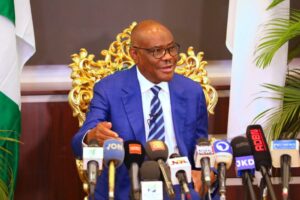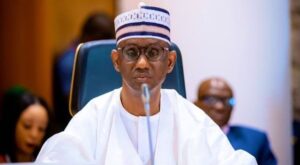The Nigerian Naira has once again slipped in value against the US dollar, raising fresh concerns about the country’s economic stability. After a brief period of recovery, the currency weakened across major foreign exchange markets, with traders attributing the decline to increased demand for dollars and limited supply. Businesses relying heavily on imported goods are expected to feel the immediate impact of the new exchange rate pressure.
Market analysts say the shortage of foreign currency is one of the key drivers of the renewed depreciation. They also point to reduced inflows from foreign investors and lower export earnings as major factors affecting the country’s forex reserves. As demand continues to outweigh supply, the Naira struggles to maintain a stable footing.
The latest decline has sparked reactions from economists who warn that the continued instability of the currency could worsen inflation. They note that the rising cost of essential commodities, transport, and manufacturing is closely tied to fluctuations in the exchange rate. Many urge the government and the Central Bank of Nigeria to implement stronger policies to stabilise the market and boost investor confidence.
Despite the concerns, financial experts believe there is still room for improvement if the government intensifies efforts to grow local production and reduce dependence on imports. They emphasise that long-term stability can only be achieved through structural reforms that strengthen the economy and expand Nigeria’s export base.







